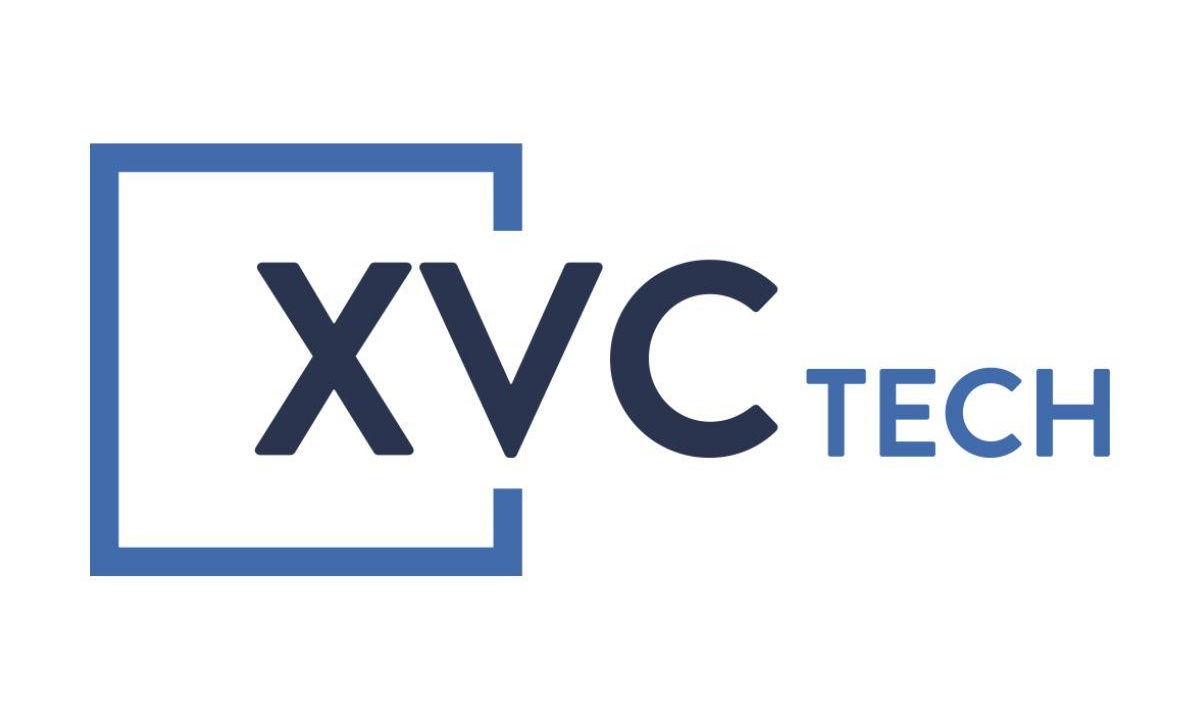Table of Contents
Mainstream adoption of decentralized applications (dapps) remains elusive. Most projects are still in their infancy stages and those finding early success are still mostly related to cryptocurrencies. With the exception of games like CryptoKitties, the top Ethereum dapps are still focused on crypto trading with the likes of IDEX and ForkDelta taking up the bulk of the transactions on the network. This is partly because of how entrenched the popular conventional apps are in users' routines. So, for dapps to succeed, they must be able to attract ordinary users by showcasing their usefulness beyond cryptocurrencies. Dapps must also match and, if possible, exceed the functionalities and user experiences that established apps provide. Interoperability is key for this to happen. Conventional apps feature integrations with each other making user experiences less fragmented even if users switch between apps. For example, new Spotify users can easily sign up to the service using their Facebook accounts. This can easily be done in a few taps as opposed to needing to fill up a lengthy form. Dapps and blockchain-based platforms have been stymied by the limited ways they can interact with each other. Fortunately, platforms like Ark now offer means to bridge blockchains. What is even more exciting is the emergence of orchestrators like Cardstack which allow users to integrate dapps to be part of customized workflows. These efforts open up opportunities not only to improve current dapps but also to potentially create super dapps that could inspire wider adoption of blockchain technologies.
Interoperability Improves Utility
The lack of interoperability across blockchains has been among the technology's roadblocks to success. Pioneering blockchains such as Bitcoin and Ethereum don’t support cross-chain transactions by default. This is why the crypto market mainly relies on exchanges for users to convert one cryptocurrency for another. This also restrained how dapps could function. For example, a developer building a decentralized marketplace on Ethereum may want to accept other tokens like Bitcoin as payment. To enable this, the project may need to build a bridge between the two blockchains or tap a third party exchange to facilitate payments. There is no out-of-the-box way for Ethereum-based dapps to directly process Bitcoin transactions. Conventional apps and development platforms aren't hampered by such restrictions. Through plug-ins, extensions, and application programming interfaces (APIs), non-blockchain services could more readily "talk" to each other and pass on data. A shopping cart platform like OpenCart have available extensions that allow it to handle payments via PayPal and Alipay. Dapps aren’t at this stage of maturity yet. Various dapp projects now cater to a wide array of use cases so interoperability could only improve their usefulness. Projects like Ark are a boon for developers. The platform essentially serves as an intermediary between blockchains by providing bridging capabilities. Using Ark, developers can now create dapps that could listen for and trigger events on different blockchains. Developers can focus more on adding features and functionalities to their dapps than creating workarounds to make cross-chain transactions work. This essentially frees them up to find synergies with other crypto projects that could further enhance their user experiences.
Orchestration Enhances Experience
Top-notch user experience is crucial for dapps. In the least, they must provide easy-to-use, fast, and intuitive interfaces. But even these wouldn’t be enough. Users are more demanding. They are now looking for ways to customize and personalize the apps they use according to their own needs and tastes. This particular attitude has allowed software orchestration to emerge. Orchestration platform IFTTT has become a favorite among power users because it allows users to create their own workflows using popular apps and services. Dapps and blockchain-based services, however, would require specialized orchestration. This is where Cardstack fits into the picture. The platform provides a comprehensive framework that allow users to integrate various dapps and services as part of customized workflows. Users can "stack" dapp functionalities such as authentication, payments, and communication in order to build their own super dapp. These functionalities are visualized as cards for easy setup and configuration. Users can simply drag and drop cards to create their workflow. These functionalities are also being developed according to open standards source meaning cards can be cloned, copied, and modified to create new features. Users are empowered to continuously improve their super dapps. Cardstack is also built to accommodate integrations with both conventional apps and blockchain dapps. For added ease of use, users also only need to use Cardstack's CARD token to access and pay for their various subscriptions and dapp transactions. The project is working on a means for CARD to function as universal "gas" to pay for the fees blockchain networks charge for processing transactions. This eliminates the need for users to hold multiple tokens just to use different dapps.
Usefulness Encourages Adoption
These developments in blockchain interoperability and orchestration can finally allow developers to be more creative in building feature-rich dapps. This should put dapps in a position to rival existing services, draw in more users, and usher in mainstream adoption of blockchain. The crypto space may finally see success beyond the ICO and cryptocurrency hype.
Investment Disclaimer







